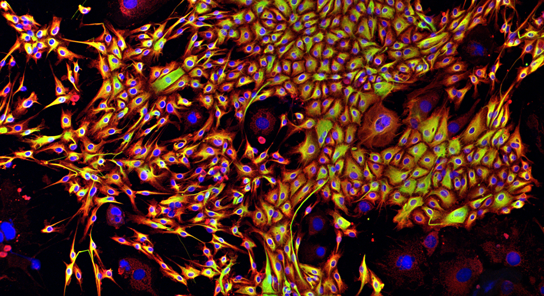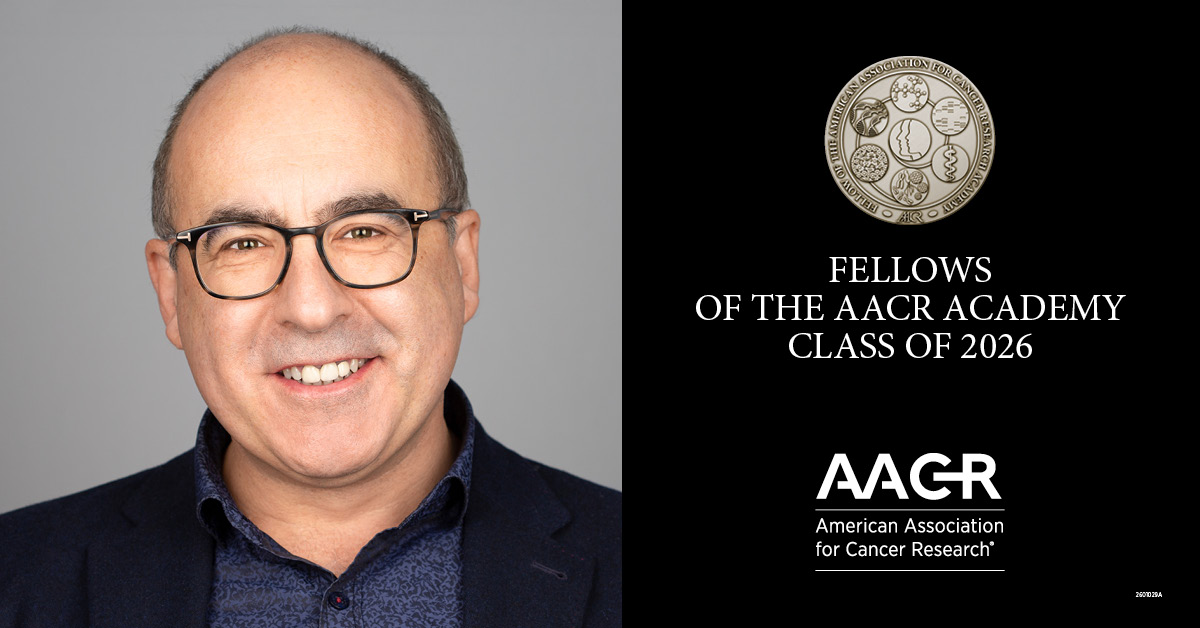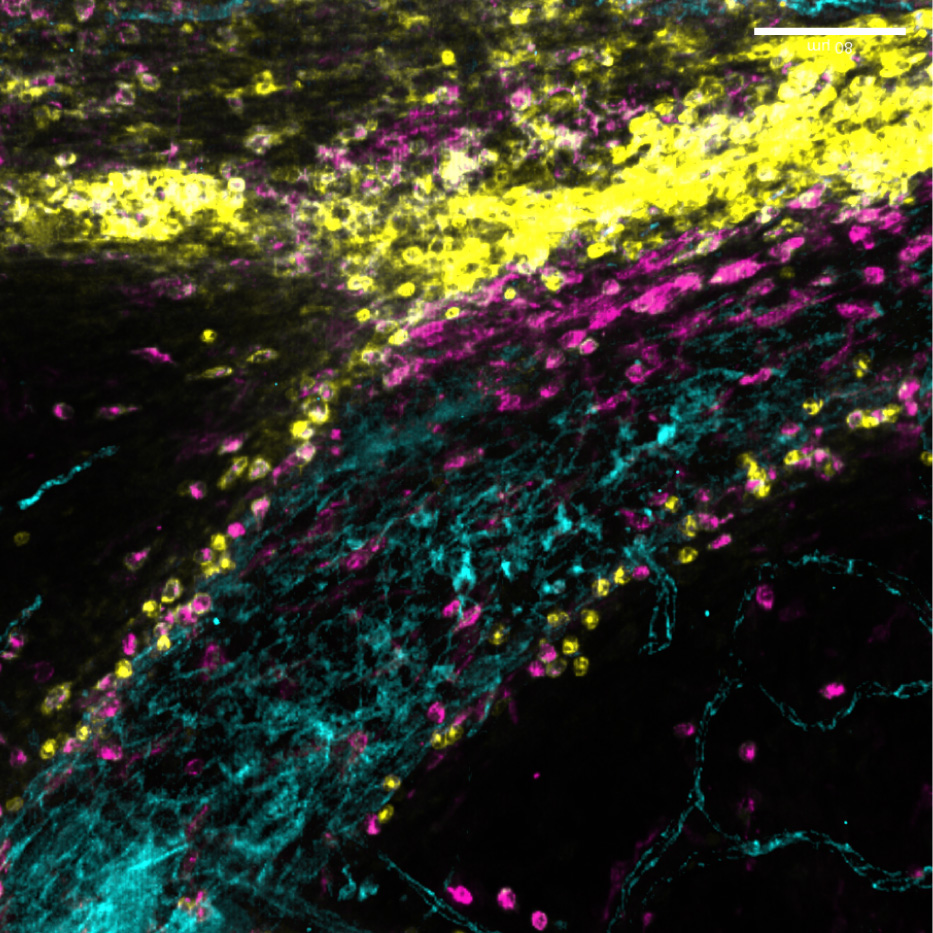Shankar Balasubramanian awarded the Royal Medal 2018
Congratulations to Shankar Balasubramanian who, along with Cambridge University Professor David Klenerman, has been awarded the Royal Medal in 2018 in recognition of their co-development of DNA sequencing techniques transforming biology and genomic medicine.
There are 3 Royal Medals awarded annually and each will receive a medal of silver gilt and a gift of £10,000 at the Premier Awards Dinner in October 2018.
Each year two medals are awarded for the most important contributions to the advancement of “Natural Knowledge” in the physical and biological sciences respectively. A third medal is awarded for distinguished contributions in the applied sciences.
The three Royal Medals, also known as the Queen’s Medals, are awarded annually by the Sovereign on the recommendation of the Council of the Society. Frederick Sanger FRS, Max Perutz FRS and Francis Crick FRS are among those who have been awarded a Royal Medal.
The Royal Medals were founded by HM King George IV in 1825. Between 1826 and 1964 two medals were awarded each year. In 1965 the third medal, covering the applied sciences, was introduced on behalf of HM The Queen.
Related News
See all news-

1M to advance AI powered personalised ovarian cancer care
19th February 2026
Researchers from our Brenton Group are part of an international team awarded the Global Ovarian Cancer Research Consortium’s inaugural AI Accelerator Grant.
Find out more -

Professor Sir Steve Jackson elected as a fellow of the American Association for Cancer Research
16th February 2026
Senior Group Leader Sir Steve Jackson has been elected as a Fellow of the American Association for Cancer Research Academy in the Class of 2026.
Find out more -

New immune pathway offers treatment hope for childhood brain tumours
3rd February 2026
A newly discovered immune pathway could lead to gentler treatments for multiple childhood brain cancers, according to new research from our Gilbertson Group published today in Nature Genetics.
Find out more